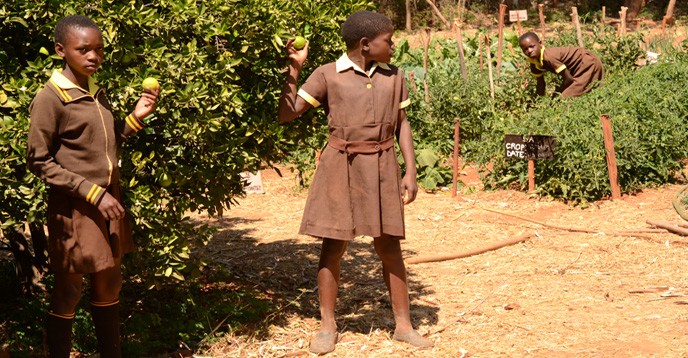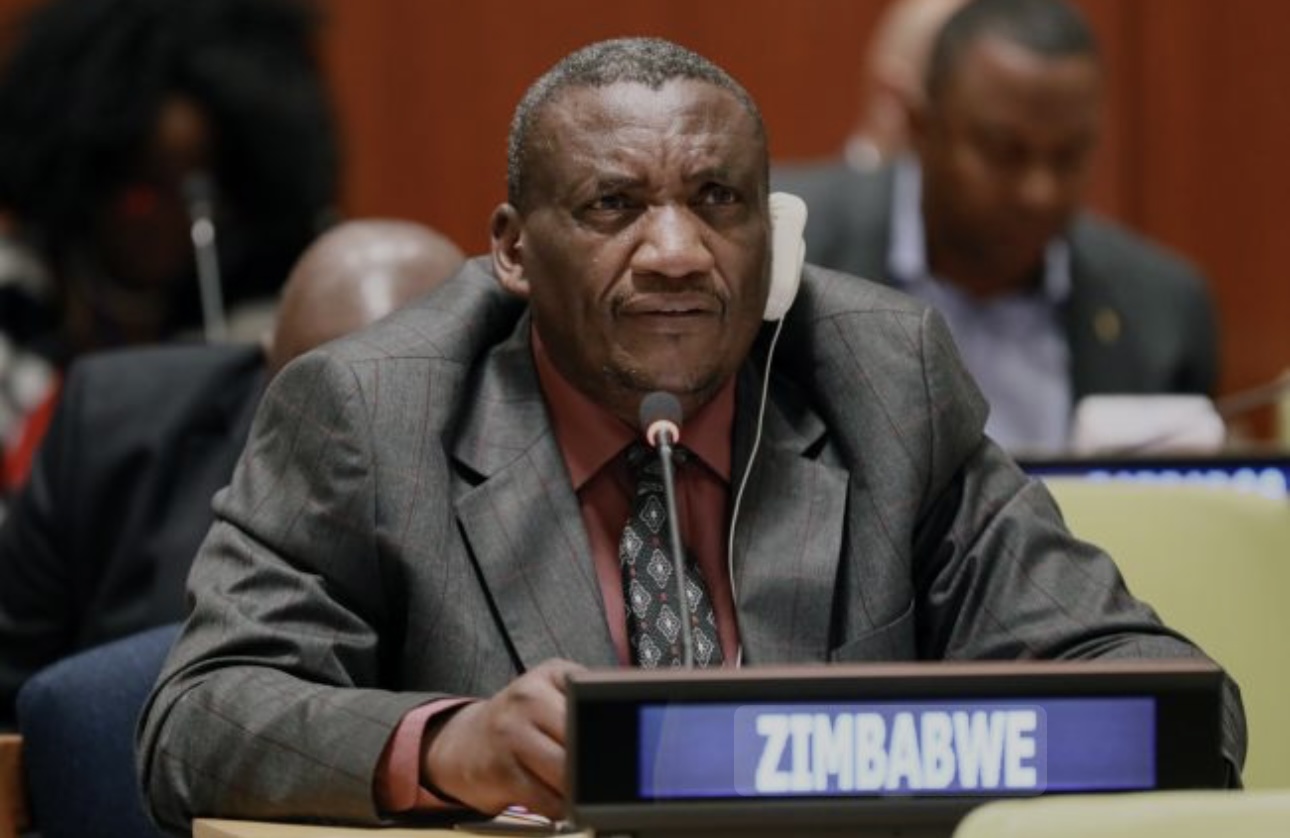BY NOKUTHABA DLAMINI
Fourteen-year-old Sabelo Ndlovu was determined to become a nurse and was one of the few pupils in her rural school in Nkayi that took their studies seriously.
Ndlovu, an orphan badly wanted to lift her grandmother and extended family out of the poverty cycle of poverty synonymous with Nkayi’s Donsa village, but her dream was crushed when Covid-19 struck last year.
Her grandmother said she was no longer able to pay her school fees because Covid-19 lockdowns had made it harder for her to generate any income from her basket weaving business.
Ndlovu had to drop out of school after completing Grade 7 and moved to Nkayi centre to look for a job as a domestic worker.
“I have been working as a maid for a family at Nkayi Centre for the past nine months,” she said.
“At first, the job was a huge burden on me because of the duties and responsibilities that come with being a domestic worker and looking after a family, but I am now used to it.”
Her main duties involve looking after three minors, the youngest being three months old in addition to preparing meals for the family, cleaning, gardening, and helping the children with their homework.
Ndlovu has to use part of her meagre salary to support her grandmother and siblings back home.
“I earn $800 per month,” she said.
“It is not enough, but my employer always dares me to leave when people are being laid off due to the Covid-19 pandemic.”
On the parallel foreign currency market, Sabelo’s salary is equivalent to US$4.50 and can hardly sustain her.
Her story is similar to that of Natalie Ncube from Guwe in Nkayi, who started working at the age of 15 after dropping out of school in 2019 when she was doing Form One.
Ncube got her first job in Bulawayo, but it was short-lived after her employer died suddenly.
She moved to Inyathi in Bubi district where she also worked as a maid, but also lost her job after a few months following the outbreak of Covid-19.
“I would’ve loved to be at school, but my parents never prioritized that when they lived in South Africa,” Ncube said.
“Covid-19 has even made it worse as l no longer have employment nor education and l am just here in my rural home without any plans.”
The tale of the two Nkayi girls is shared by tens of thousands of young people throughout Zimbabwe, who have been forced out of school by the Covid-19 pandemic to look for jobs to sustain their struggling families.
According to the Zimbabwe Vulnerability Assessment Committee (ZimVac) 2021 Rural Livelihoods Assessment Report, 23 percent of children within the school-going age are not going to school because of the pandemic.
The ZimVac report stated that the major reasons children are not in school include financial constraints, pregnancies, early marriages, and children being considered too young.
Other reasons children were not in school included illnesses, lack of interest in school, and long distances to school.
The report recommended urgent strengthening of the government’s humanitarian programmes and stronger partnerships with its development partners.
It said Matabeleland South had the highest number of children not attending school with 27 percent followed by Matabeleland North with 26 percent.
Mashonaland West had 24 percent while Mashonaland Central had 23 percent, with Midlands at 22 percent.
Masvingo and Manicaland had the lowest numbers at 18 percent.
Guwe village head Enock Dladla said many teenagers in his area were now working at a young age after dropping out of school.
While some are getting jobs locally; others are illegally crossing into South Africa searching for jobs, he said.
“It has become a norm for teenagers in rural areas to not complete their education, and then they look for employment. Some even start working at the age of 15,” Dladla said.
” At that age, the teenager will still be a child, and she won’t be ready mentally or physically to assume the responsibilities of a domestic worker.
“This is a sad reality, and something has to be done to address it.”
The Guwe community leader said there was a need for the government to put in place more programmes to fund education for children from underprivileged families.
He said some children, who have great potential are missing out on an opportunity to get an education and better their lives because of financial challenges.
“Every child must go to school because it’s their basic right,” Dladla said.
“A child would rather go through school and not do well than dropping out.
“A child’s future must not be destroyed because they

 Slider3 years ago
Slider3 years ago
 National4 years ago
National4 years ago
 Tourism and Environment4 years ago
Tourism and Environment4 years ago
 Opinion4 years ago
Opinion4 years ago
 Special reports4 years ago
Special reports4 years ago
 National4 years ago
National4 years ago
 National3 years ago
National3 years ago
 National3 years ago
National3 years ago



